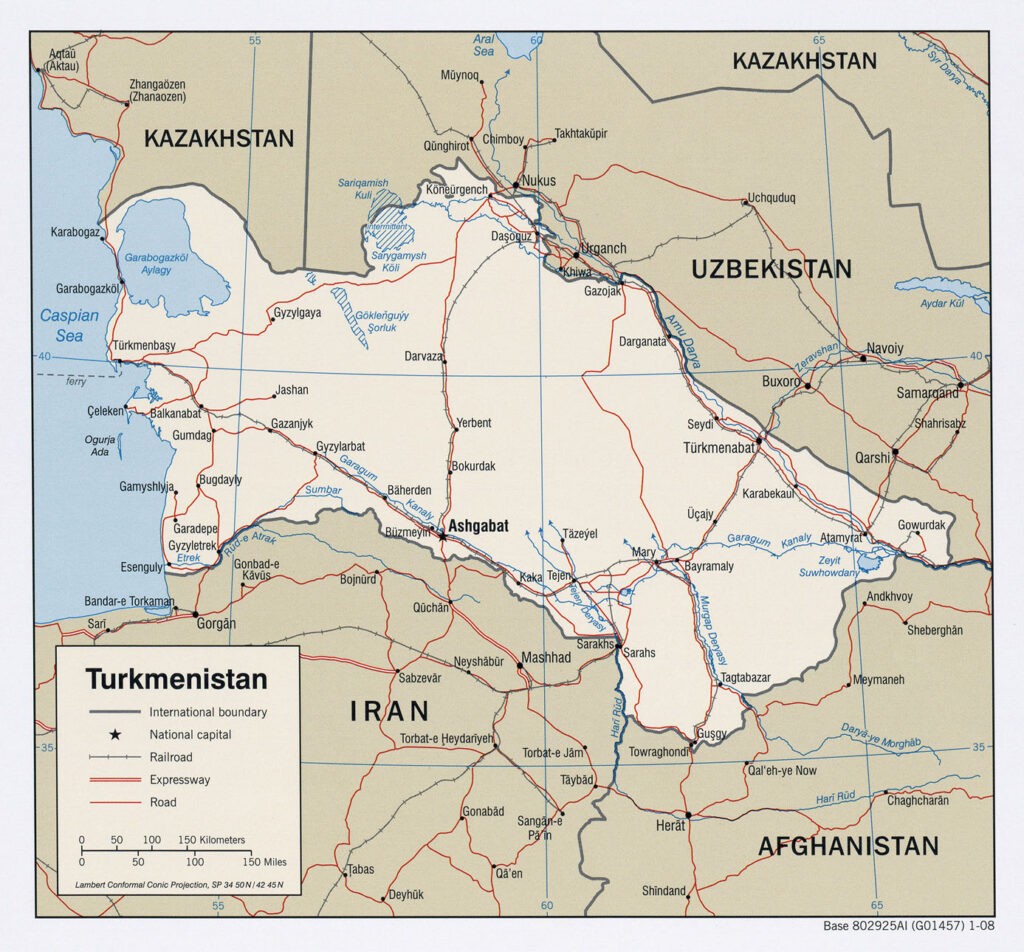Viewing results 1 - 6 of 3
In his New Year address, President Shavkat Mirziyoyev said that the outgoing year had been successful for the country and its people, emphasizing the importance of peace and tranquility, and an atmosphere of inter-ethnic friendship and harmony in the country. “For the first time in our history, in a nationwide referendum, we adopted a new version of the Constitution of the country. We have begun to implement the Uzbekistan 2030 strategy, which determines our development for the future,” Mirziyoyev said. The Uzbek leader stated that the country had ensured sustainable rates of economic growth, and that high-tech industrial enterprises, modern logistics and infrastructure networks, kindergartens and schools, cultural and sports facilities are being built. Mirziyoyev said that 2024 has been declared the Year of Support for Youth and Business in Uzbekistan. “In the new year, we will intensify the attraction of foreign investment and the creation of broad opportunities for entrepreneurship and private property. We will pay special attention to the development of science, innovation, the IT sector, and the creation of green and digital technologies,” he said. The focus will be on creating new jobs and increasing the income of the population, Mirziyoyev said, promising to raise the development of the social sphere to a new level.
EBRD Launches Youth in Business Program in Central Asia The European Bank for Reconstruction and Development (EBRD) on December 12th said it is addressing the issue of youth entrepreneurship and employment in Central Asia by launching a seven-year €200 million (U$ 218 million) Youth in Business program designed to provide better access to finance and relevant training to young entrepreneurs in the region, where up to one third of the population is aged between 18 and 34 years. The Youth in Business program in Central Asia (YiB CA) will target micro, small and medium-sized enterprises (MSMEs) led or owned by individuals under the age of 35. It will consist of up to €200 million for on-lending to up to 20 partner financial institutions in Central Asia and Mongolia; targeted non-financial services for eligible small businesses will be provided by the Bank’s Advice for Small Businesses program to help develop their entrepreneurial skills through training, advisory services, and networking opportunities. The EBRD’s investment will be complemented by a package of up to €30 million in grants and concessional co-financing to stimulate inclusive lending and youth entrepreneurship. It is expected that the first agreements under the YiB CA will include: a loan of up to U$ 10 million to Uzbekistan’s largest private bank, Hamkorbank, a loan of up to U$ 8 million to Shinhan Bank Kazakhstan, a loan of up to U$ 4 million to Mongolia’s leading micro-lender, Transcapital, and a loan of up to U$ 2 million to Kazakhstan-based micro-financial organization, Arnur Credit. A market assessment conducted by the EBRD in the region revealed that while many young people across Central Asia have a strong entrepreneurial mindset, very few have access to equal economic opportunities. Only around 10% have access to the necessary training and professional expertise. In Central Asia, MSMEs account for almost half of total employment, and contribute almost 40% of regional GDP. Grant support and concessional finance to the program is provided by the Government of Kazakhstan, the Small Business Impact Fund, and the European Union.
The Police Department in Turkmenabad City has unveiled its second child-friendly room, aligning with global best practices aimed at enhancing protective measures for young girls and boys who may be victims or witnesses of potential crimes. Inaugurated by representatives from the Ministry of Internal Affairs of Turkmenistan, the UNICEF Representative, and the Ambassador of the Federal Republic of Germany in Turkmenistan, this facility offers a secure and comforting space designed specifically for children. The room prioritizes their age, maturity, and psychological well-being, ensuring a non-threatening atmosphere. Collaborating closely with the Ministry, UNICEF has played a pivotal role in aligning special child protection measures with internationally recognized standards for juvenile justice. “Turkmenistan, as a state party to major international human rights and children's rights treaties, pays special attention to strengthening the provision and protection of the rights of all children in contact with the law, including child victims and witnesses of crime,” said Geldimyrat Haldurdiyev, Head of the Department of Law and International Relations of the Ministry of Internal Affairs. “The application of special measures provided protection and assistance to minors and improved the quality of the evidence obtained from them, which served to safeguard their interests.”



